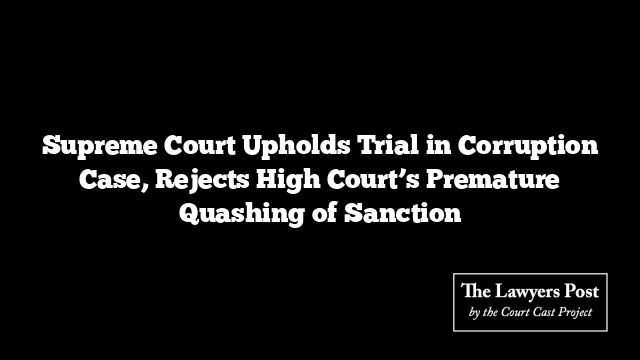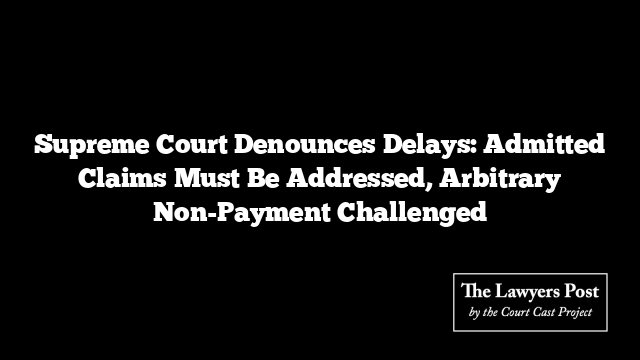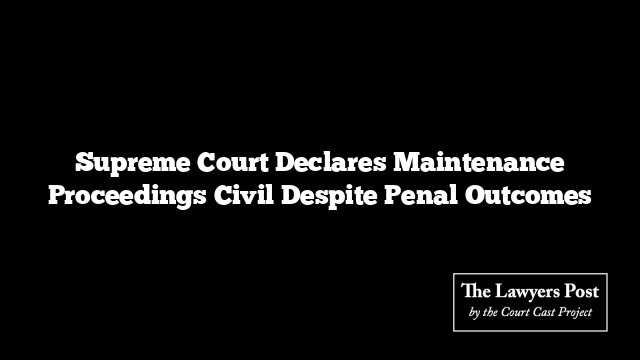The Supreme Court has clarified that determining whether a prosecution sanction under the Prevention of Corruption Act (PC Act), 1988, was granted by a competent authority is a matter to be established through evidence, not assumed prematurely. This ruling came as the Court set aside a High Court decision that quashed trial proceedings using Section 482 of the Code of Criminal Procedure (CrPC).
A bench comprising Justice Bela M. Trivedi and Justice Prasanna B. Varale emphasized that a sanction order’s validity cannot be dismissed merely on questions of the granting authority’s competence unless a demonstrable failure of justice is evident. Highlighting procedural safeguards under Section 19 of the PC Act, the Court noted that irregularities in sanctioning should not overturn a trial unless they have tangibly impacted justice.
The case originated from the Punjab and Haryana High Court, which had quashed a trial mid-proceedings, citing alleged incompetency in the sanction order. The State of Punjab contested this ruling, arguing that halting the trial was unwarranted while the prosecution was actively presenting its case, with seven witnesses already examined.
The Supreme Court referred to its earlier judgment in State of Karnataka, Lokayukta Police v. S. Subbegowda and reinforced that an alleged error in the sanctioning process—such as questions surrounding the authority’s competence—falls under the purview of Section 19 of the PC Act. The explanation to sub-section (4) explicitly includes such errors in its scope but stresses that these issues must only affect the outcome if they result in a failure of justice.
The bench criticized the High Court for prematurely intervening without establishing how the sanction order caused any failure of justice. “The High Court’s decision lacked any basis to substantiate that justice was compromised due to the alleged irregularity,” the bench observed. “It should have refrained from quashing the proceedings when evidence was still being examined.”
This ruling underscores the principle that judicial interference in ongoing trials must be exercised with restraint, particularly in corruption cases, where procedural nuances play a crucial role in upholding the integrity of the judicial process.





